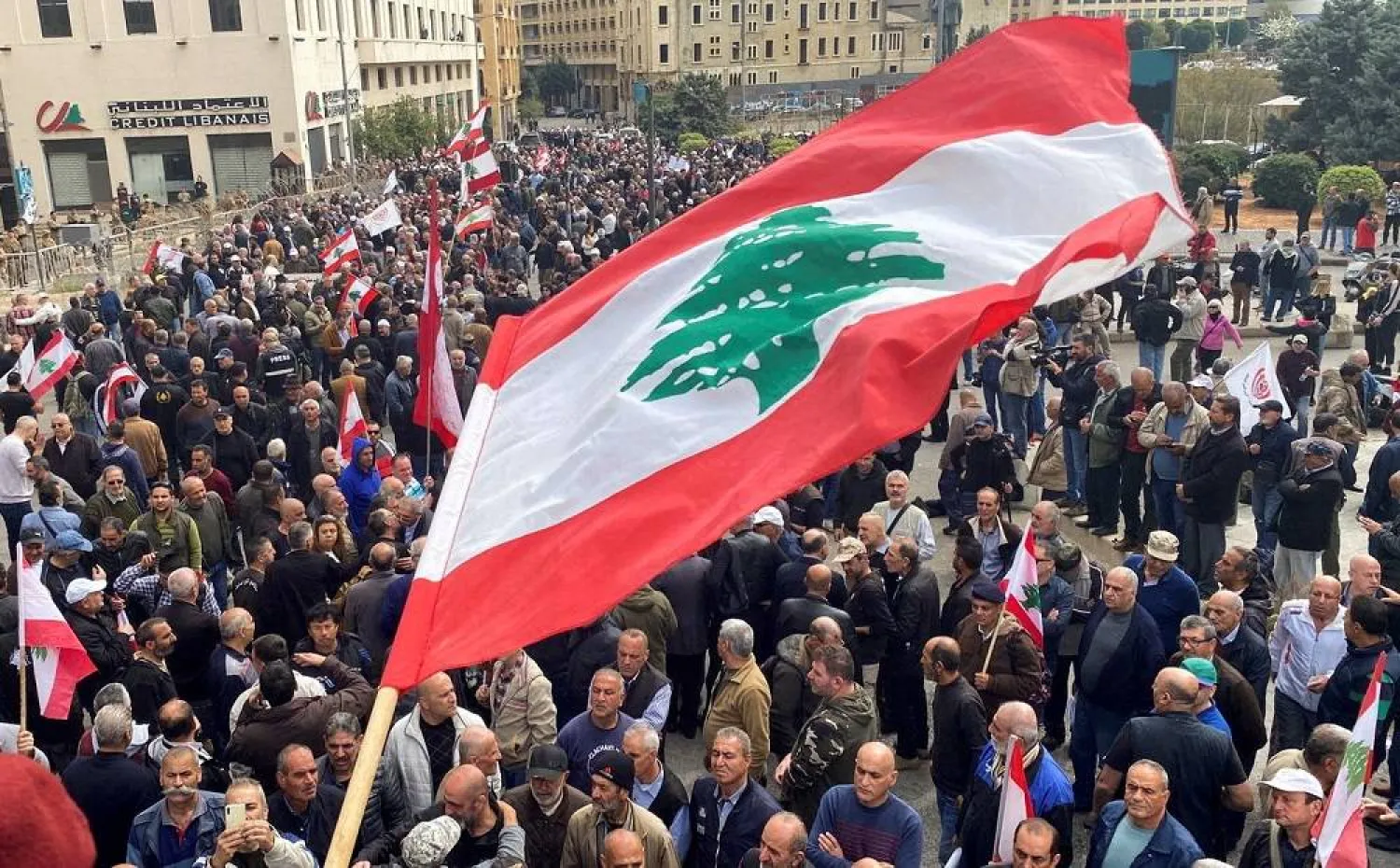Lebanon is likely to be placed on a "grey list" of countries under special scrutiny over unsatisfactory practices to prevent money laundering and terrorism financing, three sources familiar with the matter told Reuters.
Being added to the list would be another major blow to a country in a financial tailspin since 2019 and struggling to secure a deal with the International Monetary Fund.
The local pound has lost more than 98% of its value, plunging most of the population into poverty, and diplomats have been expressing concern for months that the increasingly cash-based economy could hide growing illicit flows of money.
The Middle East and North Africa section of the Financial Action Task Force, a financial crime watchdog, has carried out a preliminary evaluation of Lebanon's economy, which the sources said it will share with member states this week in Bahrain.
The cumulative score of that evaluation puts Lebanon "one mark over the threshold to be grey-listed," said a diplomatic source who had seen a copy of the preliminary report.
According to a draft seen by Reuters, Lebanon was scored as only partially compliant in several categories, including anti-money laundering measures, transparency on beneficial ownership of firms and mutual legal assistance in asset freezing and confiscation.
The FATF declined to comment on the report or the score ahead of its publication.
"Lebanon is pitching for more leniency, and trying to have an improved score on one of the categories so it is no longer within the grey-listing zone," the diplomatic source said.
Lebanon's deputy prime minister Saade Chami, who is heading the country's talks with the IMF, told Reuters he had not seen the draft report and declined to comment on the impact it might have on talks with the lender of last resort.
A financial source familiar with the matter said the draft gave Lebanon a score worthy of grey-listing. "Authorities are trying very hard to stop that from happening," the source said.
A second diplomatic source familiar with the matter said the draft document was already lenient, given the collapsing state of the Lebanese economy. "Anything but grey-listing would be a scandal," the source said.
Both diplomatic sources said that the compliance department at the Central Bank's special investigations commission was lobbying FATF member states in a bid to change the score.
The compliance department did not respond to an emailed request for comment.
Being put on the FATF grey list could disrupt a country's capital flows, the IMF found in a 2021 paper, with banks possibly exiting relationships with customers based in high-risk countries to reduce compliance costs.
Such a listing also risks reputational damage, credit ratings adjustments, trouble obtaining global finance and higher transaction costs.
In Lebanon's case, the financial meltdown has already severely restricted banking transactions and many corresponding institutions have cut their ties to the country.
But the listing would represent an indictment of Lebanon's financial system at a painful time. The country has been slow to make progress on key reforms required for a deal with the IMF, and its central bank governor has been charged by France in a financial fraud case, triggering an Interpol red notice.
South Africa was added to the FATF list in February.









